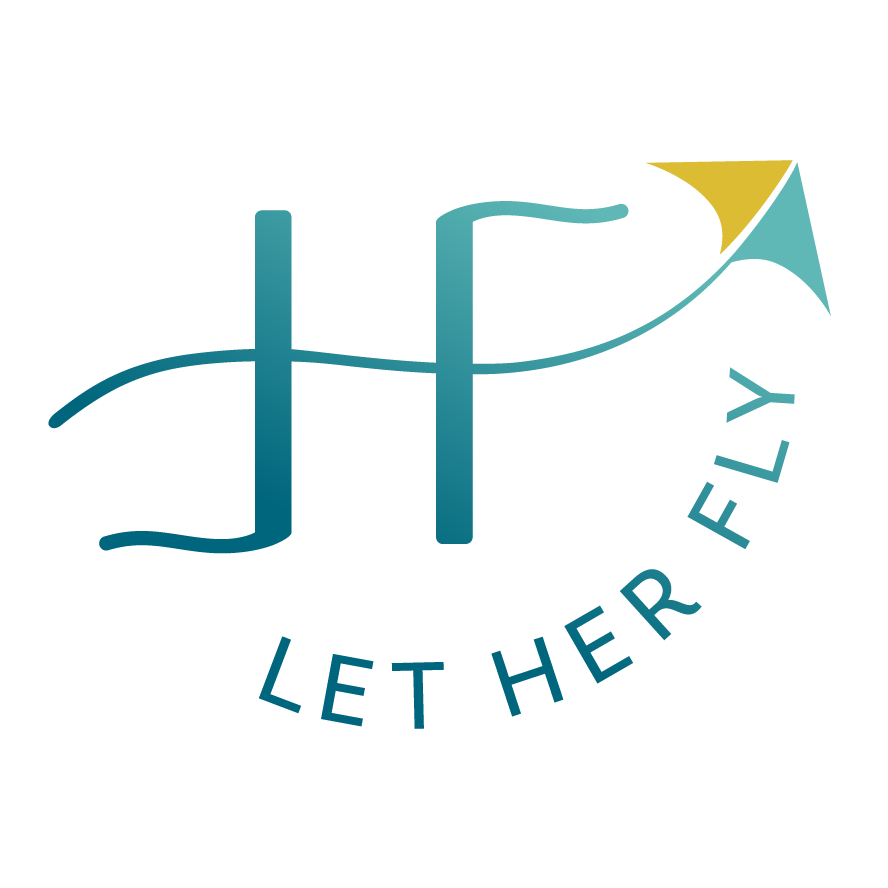Learn to do good. Seek justice.
Like most of us, I’ve struggled with what to say following the devastating events that have happened over the past 2 weeks.
I’m a long, slow processor. A Questioner by nature (thanks, Gretchen Rubin) and by upbringing (thanks, Dad!).
And here’s the deal.
I don’t want to talk about me. The injured party isn’t me.
Even last week’s proclamation of white people muting themselves to listen to and amplify Black voices didn’t sit right with me. I understand the good intent behind it, but why would I announce “I’m muting myself” when I could simply shut up and listen?
So that’s what I did. I went silent and committed to listen, learn, pray, and discern where I’ve been non-racist instead of truly anti-racist. It’s uncomfortable. It’s hard, holy work.
It’s necessary. [Click here to jump down to suggested resources.]
Here’s the truest thing I keep coming back to:
There’s a good chance I’ll screw up what I say and how I say it. But following these 3 steps is the one path I’m sure of right now. I’ll sit in the discomfort with a spirit of humility and openness for as long as it takes. I’ll continue to learn, seek, and help.
Black lives matter.
I say this as a statement of humanity, not a political or organizational hashtag.
They do, and yet this statement feels so heartbreakingly insufficient.
They don’t just matter.
They hold deep, intrinsic worth. Each one is holy and precious, created in the image of the Divine.
So are our Canadian indigenous people, my Chinese and East Indian neighbors, and my Persian and Nigerian friends. I don’t say this to diminish the value of one group but to elevate the value of all. Until we see each other as individuals—with equality, empathy, and compassion—we have a lot of work to do.
I have work to do.
Society tells us it’s ok to hate, harm, and cancel each other, sometimes even justifies it, as if we have the right to play judge and jury. Society is wrong.
But here’s the rub: Society and its systems are made of individuals, and there can't be systemic healing and change without individual heart change.
I’ve been on the path of learning and unlearning for years, no, decades. This is one more chapter in my long, scribbley, unfinished book.
This gives me great hope because we’re all capable of knowing better and then doing better, as Maya Angelou said.
I’m committed to doing better.
Anti-Racism Resources
If you’re curious about who I’ve been listening to, here’s the shortlist. What I’ve actually read goes way beyond this, literally from one end of the spectrum to the other, but these have been the most helpful for me. Note: most of these resources have an underpinning of faith because this is how I view our world.
Scott Sauls — A Gentle Answer: Our “Secret Weapon” in an Age of Us Against Them
Austin Channing Brown — I’m Still Here: Black Dignity in a World Made for Whiteness and The Next Question, a video web series
Lisa Sharon Harper — The Very Good Gospel, her FB discussion with Jen Hatmaker on White Women’s Toxic Tears, and her interfaith town hall on freedomroad.us
“They Came for the Children” — a report on residential schools by the Truth and Reconciliation Commission of Canada. June is National Indigenous History Month.
Kaitlin Curtice — Native: Identity, Belonging, and Rediscovering God

